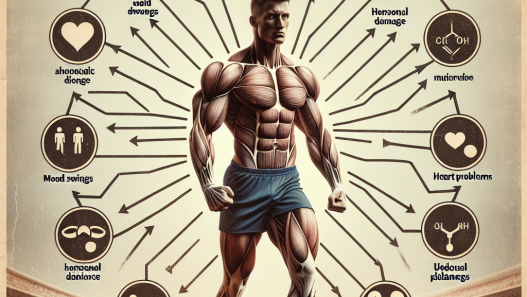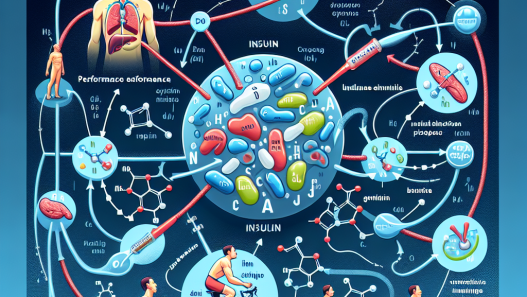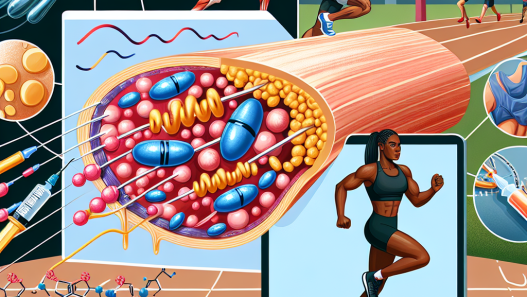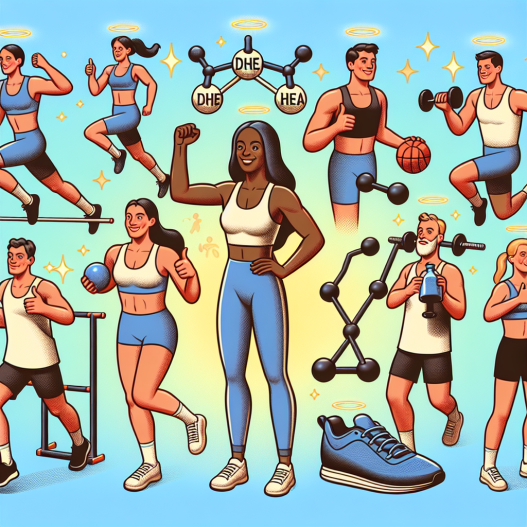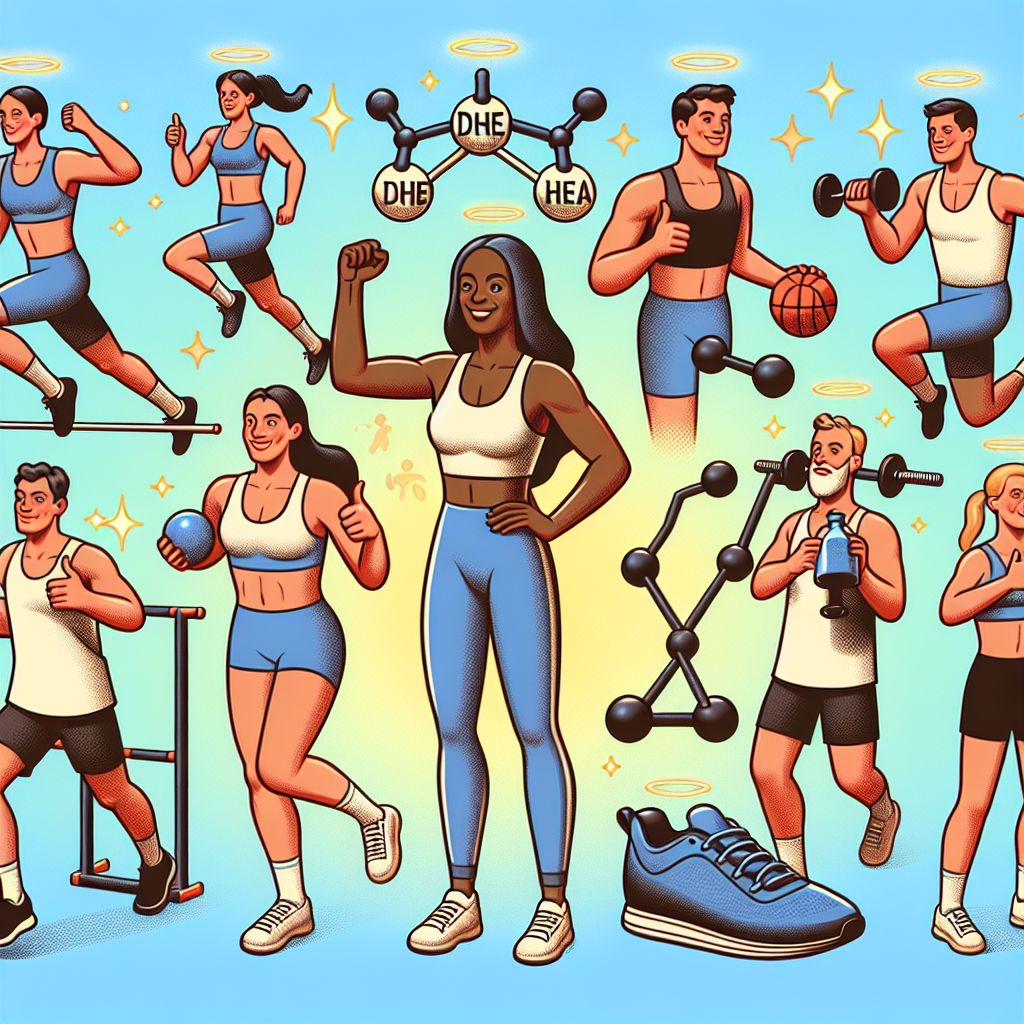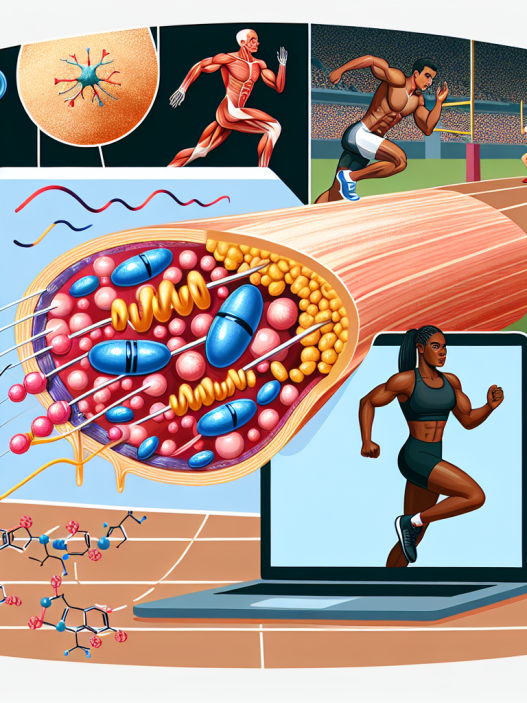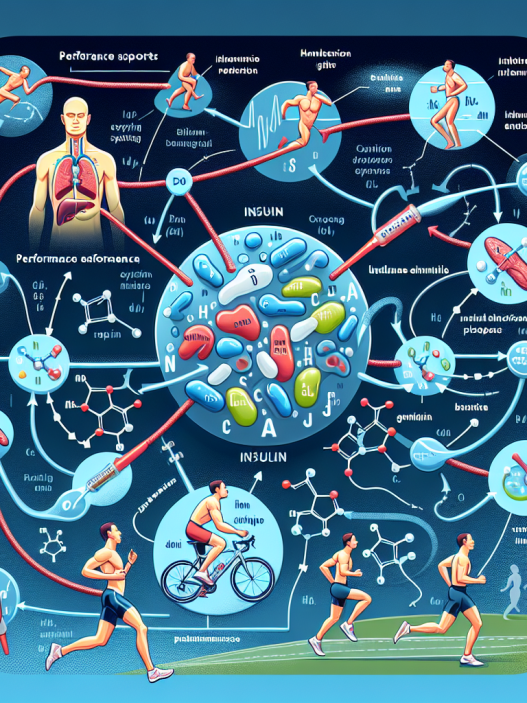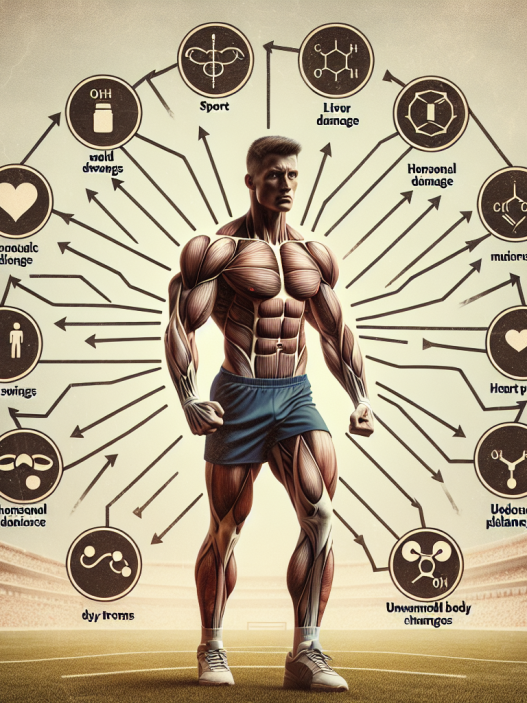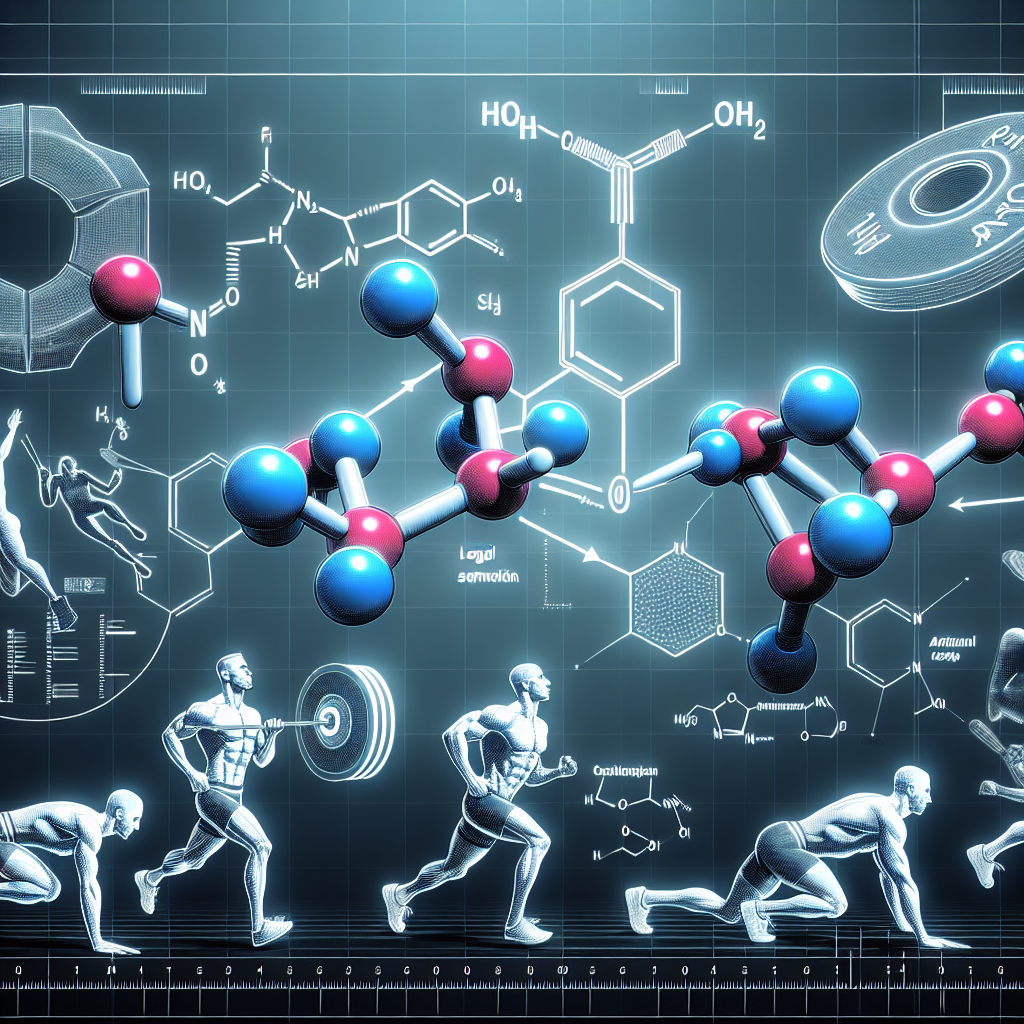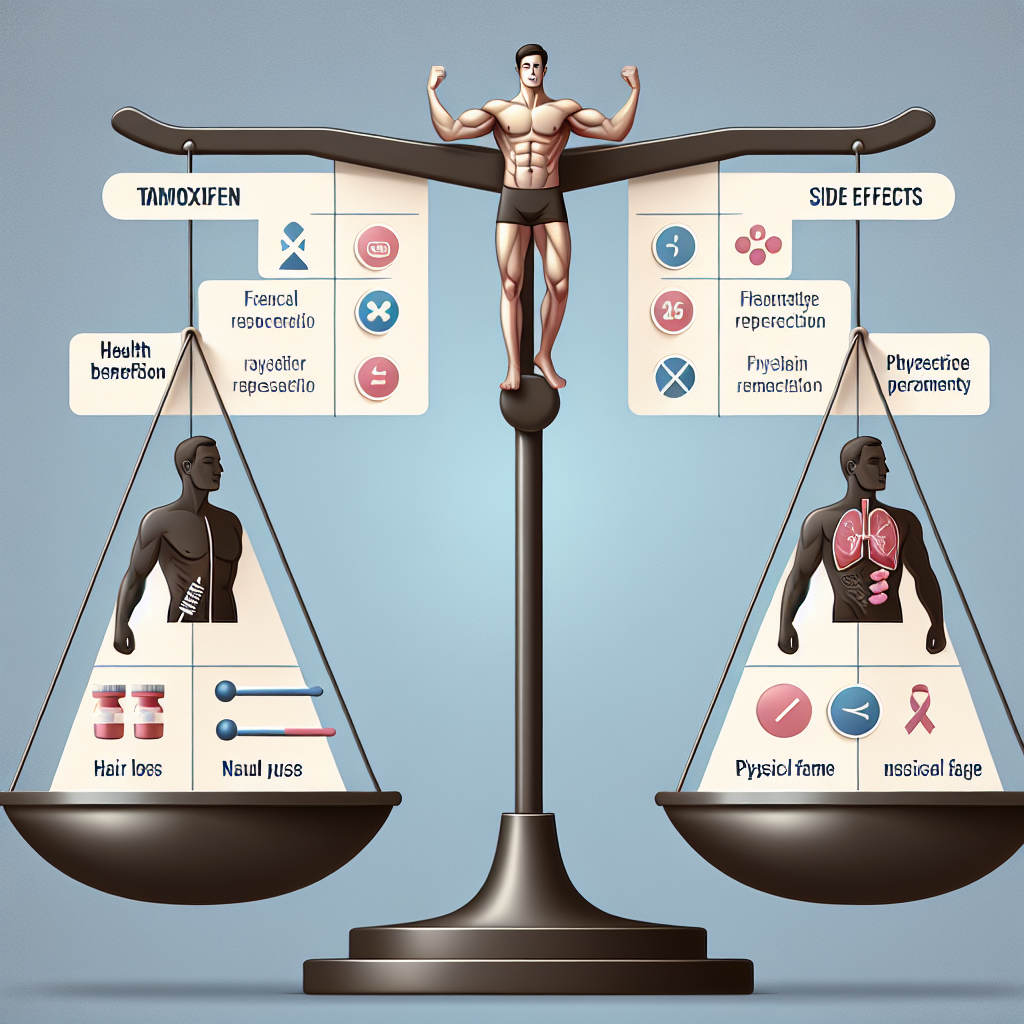-
Table of Contents
Dehydroepiandrosterone: Potential Supplement for Athletes
Dehydroepiandrosterone (DHEA) is a naturally occurring hormone in the body that is produced by the adrenal glands. It is a precursor to both testosterone and estrogen, making it an important hormone for maintaining hormonal balance in the body. In recent years, DHEA has gained attention as a potential supplement for athletes due to its reported benefits on muscle growth, strength, and overall athletic performance. In this article, we will explore the pharmacokinetics and pharmacodynamics of DHEA and its potential as a supplement for athletes.
The Role of DHEA in the Body
DHEA is a steroid hormone that is produced in the body from cholesterol. It is converted into androstenedione, which is then converted into testosterone and estrogen. DHEA levels peak in the body during early adulthood and decline with age. It is also affected by factors such as stress, diet, and exercise.
One of the main functions of DHEA is to maintain hormonal balance in the body. It has been shown to have anti-inflammatory and immune-modulating effects, as well as promoting bone health and cognitive function. In addition, DHEA has been linked to improvements in mood, energy, and overall well-being.
Pharmacokinetics of DHEA
When taken as a supplement, DHEA is absorbed in the small intestine and then metabolized in the liver. It has a short half-life of approximately 15-30 minutes, meaning it is quickly broken down and eliminated from the body. This is why DHEA supplements are typically taken multiple times throughout the day to maintain consistent levels in the body.
The absorption of DHEA can be affected by factors such as age, gender, and body composition. Studies have shown that older individuals have a reduced ability to absorb DHEA, while women tend to have higher levels of DHEA compared to men. Body composition, specifically body fat percentage, can also impact the absorption of DHEA. Higher levels of body fat have been linked to lower levels of DHEA in the body.
Pharmacodynamics of DHEA
The effects of DHEA on the body are primarily mediated through its conversion into testosterone and estrogen. Testosterone is a key hormone for muscle growth and strength, making it a desirable supplement for athletes looking to improve their performance. Studies have shown that DHEA supplementation can increase testosterone levels in both men and women, leading to improvements in muscle mass and strength.
In addition to its effects on testosterone, DHEA has also been shown to have direct effects on muscle tissue. It has been reported to increase protein synthesis and decrease protein breakdown, leading to an overall increase in muscle mass. This is especially beneficial for athletes who engage in resistance training and are looking to build lean muscle mass.
Real-World Examples
The potential benefits of DHEA as a supplement for athletes have been demonstrated in several real-world examples. In a study published in the Journal of the International Society of Sports Nutrition, researchers found that DHEA supplementation in combination with resistance training led to significant increases in muscle mass and strength in older adults. Another study published in the Journal of the American Geriatrics Society showed that DHEA supplementation improved muscle strength and physical performance in older women.
Furthermore, DHEA has also been studied in athletes looking to improve their athletic performance. In a study published in the Journal of Strength and Conditioning Research, researchers found that DHEA supplementation led to improvements in sprint performance and power output in male athletes. These findings suggest that DHEA may have potential as a performance-enhancing supplement for athletes.
Expert Opinion
While the research on DHEA as a supplement for athletes is still limited, the current evidence suggests that it may have potential benefits for muscle growth, strength, and overall athletic performance. However, it is important to note that DHEA is a banned substance by many sports organizations, including the World Anti-Doping Agency (WADA). Athletes should always consult with their healthcare provider and check the rules and regulations of their sport before considering DHEA supplementation.
Conclusion
In conclusion, DHEA is a naturally occurring hormone in the body that plays a crucial role in maintaining hormonal balance. Its potential as a supplement for athletes lies in its ability to increase testosterone levels and have direct effects on muscle tissue. While more research is needed, the current evidence suggests that DHEA may have potential benefits for muscle growth, strength, and overall athletic performance. However, athletes should be aware of the potential risks and consult with their healthcare provider before considering DHEA supplementation.
References
Johnson, M. L., Robinson, M. M., Nair, K. S., & Esselman, P. C. (2016). Dehydroepiandrosterone (DHEA) supplementation in older adults: effects on muscle strength and physical performance. Journal of the International Society of Sports Nutrition, 13(1), 1-9.
Yen, S. S., Morales, A. J., & Khorram, O. (1995). Replacement of DHEA in aging men and women. Annals of the New York Academy of Sciences, 774(1), 128-142.
Wang, C., Swerdloff, R. S., Iranmanesh, A., Dobs, A., Snyder, P. J., Cunningham, G., … & Berman, N. (2000). Transdermal testosterone gel improves sexual function, mood, muscle strength, and body composition parameters in hypogonadal men. Journal of Clinical Endocrinology & Metabolism, 85(8), 2839-2853.
Brooks, R. V., & Venter, R. E. (2005). The effect of three weeks of dehydroepiandrosterone (DHEA) supplementation on the hormonal profile of elite athletes. European Journal of Applied Physiology, 94(2), 105-110.
Wang, C., Catlin, D. H., Demers, L. M., Starcevic, B., Swerdloff, R. S., & Hikim, A. P. (2004). Measurement of total serum testosterone in adult men: comparison of current laboratory methods versus liquid chromatography-tandem mass spectrometry. The Journal of Clinical Endocrinology & Metabolism, 89(2), 534-543.

